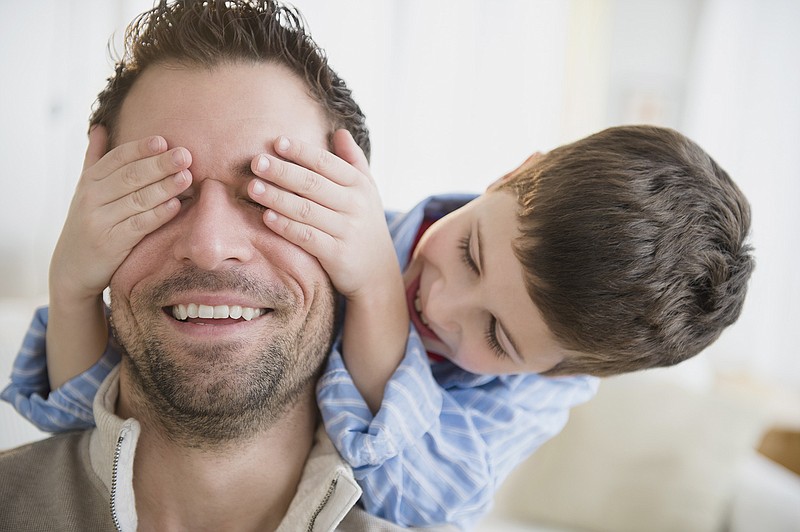Dear Mr. Dad: My husband and I just divorced, as amicably as possible. We've heard a lot about how children in divorced families act out, get bad grades in school, take drugs, have all sorts of mental health problems, and on and on. Frankly, both of us are worried that our children are never going to recover. Despite the divorce, we both want to be great parents and to give the children the best life. Is there some way to make that happen?
A: This is one of the most common questions I get from divorcing and divorced parents, and I wish there were some way to get the media to quit portraying children in divorced families as self-destructive, failure-bombs waiting to explode. The reality is that children whose parents have split (whether by divorce or the breakup of a never-married couple), can do just as well as any other children. There are definitely some obstacles, but they can be overcome. Here are a few ideas that will help.
Don't believe everything you read (except this, of course). Some studies do show that children from divorced homes have many of the problems you mentioned. But in most cases, those problems are less the result of the divorce itself than of the quality of the parenting those children are getting. I'm sure you've seen or heard of children who have every conceivable advantage in life but never live up to their potential or end up in jail.
Keep your relationship with your ex civil. According to a number of excellent studies, the No. 1 predictor of how well children will do after their parents get divorced is the quality of the relationship between the parents. If you and your ex can get along, not fight in front of your children, treat each other with respect, recognize how important you both are in your children's lives, and support each other in parenting (all of which it seems like you're doing or planning to do), your children have a great shot.
Love the children - and reassure them often. Children, especially young ones, are concerned with only one idea: How will whatever's going on right now affect me? If you or their mother moved out, they might be worried that the other will move out too and leave them alone. If they saw you and their mom fighting, they may worry that you'll divorce them if they ever disagree with you. Your children need to know that you love them no matter what. And that divorcing their mother has nothing to do with your relationship with them. Children also frequently believe that they caused the divorce (especially if you and your ex argued about anything to do with parenting). They need to know that the decision to divorce was made 100% by the adults and that the children had absolutely nothing to do with it.
Stop trying to be amazing (or awesome, perfect, fantastic, or even great). Shoot for "good enough." You're mortal, you'll make mistakes, you'll have personal issues, and that's OK.
Ask for help - and accept it. It doesn't have to take a whole village - sometimes all you need is a good support network. Having a friend or relative pick up the children after school if you're hung up at a meeting, or carpooling with another family can take the pressure off you and show the children that there are other adults who care for them.
Keep it real. Spending time with you isn't a vacation - you don't need to buy your children' love. That means homework gets done before play, boundaries get respected, rules get followed and life stays as close to the way it was before the divorce.
Tribune News Service

